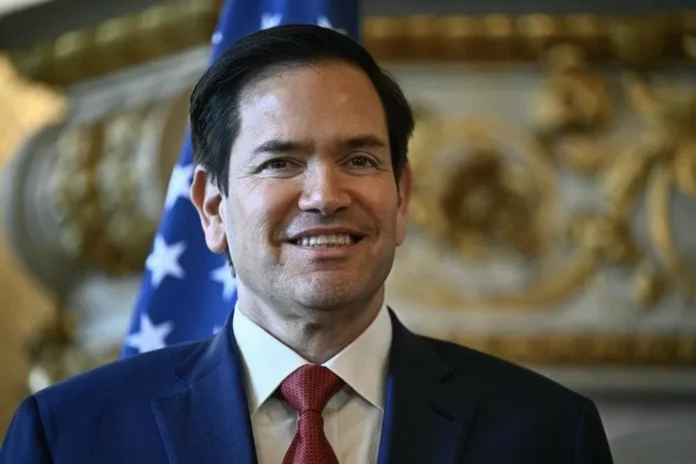The United States has long been a leader in promoting democracy, protecting human rights, and addressing climate change on a global scale. However, recent reports have suggested that the U.S. government is considering significant cuts to its diplomatic presence in Africa, as well as the elimination of State Department offices focused on climate change, democracy, and human rights. This potential decision has sparked concern and debate among many, as it could have far-reaching consequences for both the U.S. and the African continent.
The proposed cuts, which are said to be part of the Trump administration’s efforts to reduce spending and streamline government operations, would see a significant reduction in the number of U.S. diplomats and staff stationed in Africa. This would result in the closure of several U.S. embassies and consulates, leaving many African nations with limited or no diplomatic representation from the U.S. This move would not only weaken the U.S.’s presence in the region but also hinder its ability to effectively engage with African governments and address key issues.
One of the most concerning aspects of this potential decision is the elimination of State Department offices focused on climate change, democracy, and human rights. These offices play a crucial role in promoting and protecting these fundamental values, not just in Africa but around the world. By cutting these offices, the U.S. would be sending a message that it no longer prioritizes these issues, which could have a detrimental impact on the global fight against climate change and the promotion of democracy and human rights.
Climate change is a pressing issue that affects every corner of the world, and Africa is no exception. The continent is already experiencing the devastating effects of climate change, from droughts and floods to food insecurity and displacement. The U.S. has been a key player in international efforts to address climate change, and its withdrawal from the fight would be a significant setback. By eliminating the State Department office focused on climate change, the U.S. would be turning its back on the global community and abandoning its responsibility to protect the planet for future generations.
Furthermore, the potential closure of the State Department offices focused on democracy and human rights is deeply concerning. These offices work to promote and protect the fundamental rights and freedoms of individuals, as well as support democratic processes and institutions. In many African countries, these values are under threat, and the U.S. has been a critical ally in the fight to uphold them. By eliminating these offices, the U.S. would be abandoning its commitment to promoting democracy and protecting human rights, which could have dire consequences for the people of Africa.
The proposed cuts to the U.S.’s diplomatic presence in Africa and the elimination of key State Department offices would not only harm the region but also damage the U.S.’s global standing and reputation. The U.S. has long been seen as a leader in promoting democracy, protecting human rights, and addressing climate change, and these potential cuts would undermine that perception. It would also create a void that could be filled by other global powers, potentially weakening the U.S.’s influence in the region.
Moreover, these cuts would also have a significant economic impact. Africa is a continent with immense potential for growth and development, and the U.S. has been a key partner in supporting this progress. By reducing its diplomatic presence in Africa, the U.S. would be limiting its ability to engage in trade and business opportunities, which could have a negative effect on both African and American economies.
In conclusion, the potential cuts to the U.S.’s diplomatic presence in Africa and the elimination of State Department offices focused on climate change, democracy, and human rights are deeply concerning. It would not only harm the U.S.’s relationship with African nations but also have far-reaching consequences for global issues such as climate change and human rights. It is essential for the U.S. government to reconsider these proposed cuts and continue to prioritize its engagement with Africa and its commitment to promoting democracy, protecting human rights, and addressing climate change.


